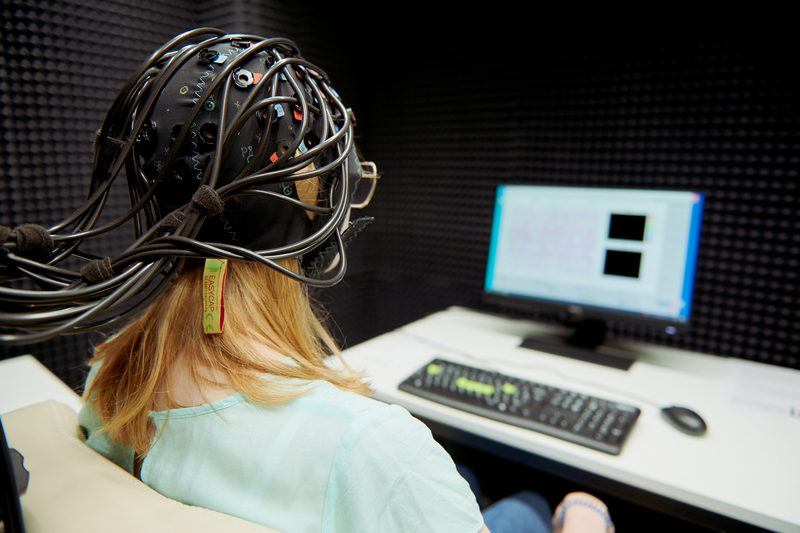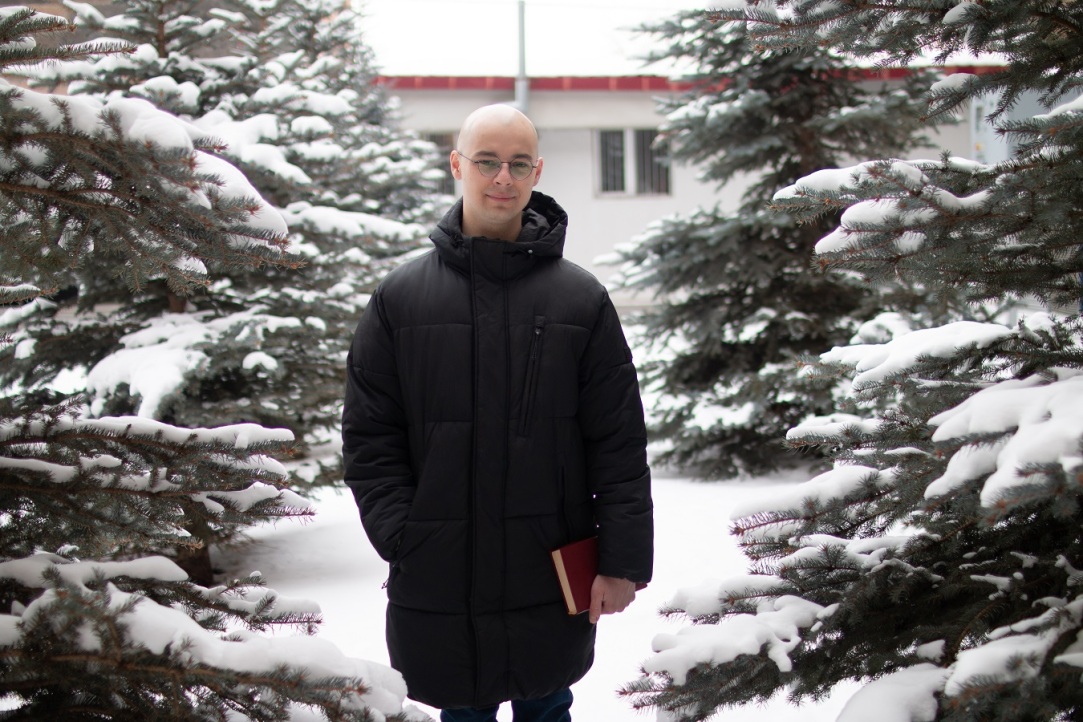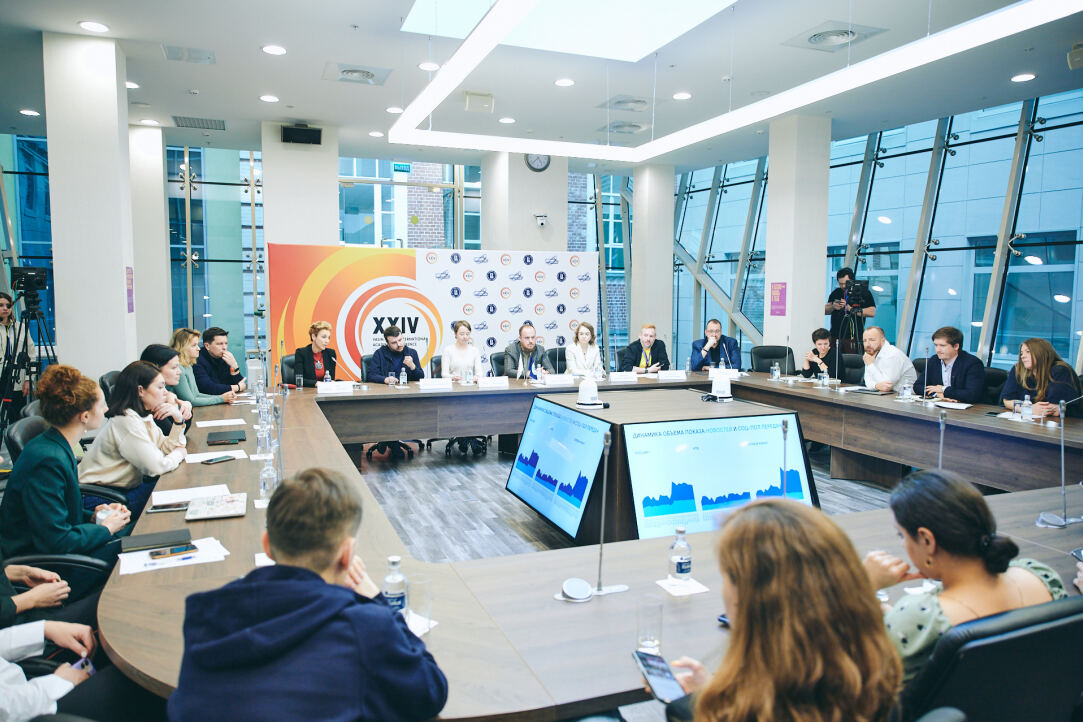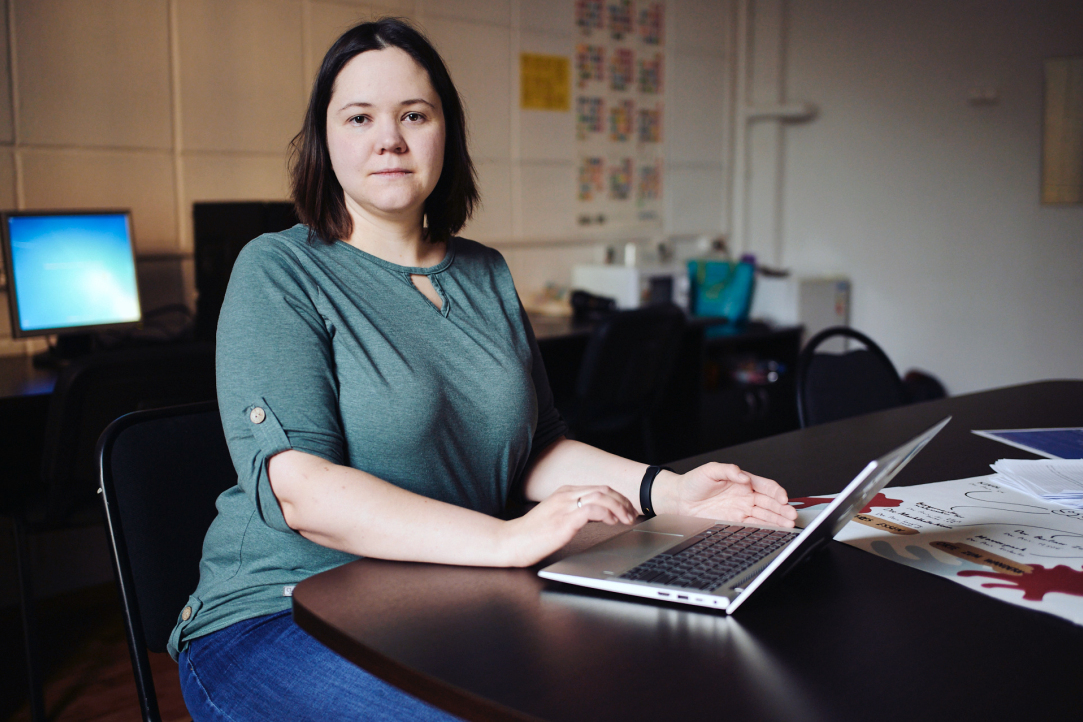
Student Conference on Computational Linguistics Held at HSE University in Nizhny Novgorod
ConCort 2023, a forum dedicated to research in corpus technology and computer science in the humanities, brought together experts and students from all over Russia. The participants discussed the latest developments in corpus linguistics, including the rapidly developing field of digital humanities.

HSE University to Develop Network Centre for Technology Transfer
The Ministry of Science and Higher Education of the Russian Federation has announced the results of a competition to support the creation and development of centres for technology transfer. A total of 58 applications from universities and research institutes were submitted to the contest. Twenty winning projects have received support, including the HSE University Centre for Technology Transfer. The university plans to become a leader in implementing a cooperative technology transfer model.

Keeping Up with the Neighbours: Envy as a Driver of Economic Growth
Classical economic theory assumes that economic agents are entirely self-interested and rational in their pursuit of material well-being, and that they are not affected by external factors. As a result, externalities are not considered in any way when constructing economic models. Nevertheless, some sociologists argue for a revision of modern economic theory to incorporate the ethical dimensions of economic agents' behaviour. Kirill Borissov, Professor of the Faculty of Economics at the European University in St Petersburg, spoke at the XXIV Yasin (April) International Academic Conference and shared his observations from creating his own economic model incorporating the factor of envy.

Common Research Interest: Welfare Studies
Throughout the year, the HSE International Laboratory for Social Integration Research (ILSIR) is hosting consulting seminars on ‘Care and Welfare in Post-Socialist Eurasia: Institutions, Discourses, Identities’ with presentations by leading foreign experts. The first seminar in the series, ‘Conceptualising Social Activism’ was held on April 4 with the participation of Professor Linda Cook, Academic Supervisor of HSE ILSIR. The second one will take place on April 18.

Structural Transformation and Drivers of Sustainable Growth in Russian Economy Discussed at HSE University
The Russian economy has demonstrated high resilience to unprecedented external pressure and has managed to largely adapt to new conditions. As early as this year, it can go from recession to growth. The issue of where to find drivers and resources for this was discussed at a plenary session titled ‘Russian Economy under Sanctions: From Adaptation to Sustainable Growth’ at the XXIV Yasin (April) International Academic Conference held at HSE University as part of the Decade of Science and Technology. Minister of Economic Development of the Russian Federation Maksim Reshetnikov took part in the discussion.

‘For Me, Science Means Going Beyond the Usual Understanding of Things’
Viktor Karpychev could have become a screenwriter but instead, he devoted himself to studying how the brain works. In this interview with Young Scientists of HSE, Mr. Karpychev explained how he spends his workdays and which Nobel laureate he would like to meet.

‘People Want to Receive Only Useful Content’
Experts say that interest in news has sharply increased among the Russian audience. At the same time, part of the audience deliberately avoids it. What kind of content is in demand and will people continue to watch TV? These and other issues were discussed at the plenary session ‘ Info-hygiene and Information Elitism: How to Consume Media Properly’ at the XXIV Yasin (April) International Academic Conference.

'The Emerging Trends in Africa Will Shape the World Order, and We Need to Be Prepared for That'
Africa has the potential to become a new economic giant. Today, African countries are interested in comprehensive cooperation and strengthening their positions in the global arena, and they look forward to receiving assistance from Russia and China in developing their technology, economy, and social sphere. Effective engagement with Africa requires training a greater number of professional African studies specialists. The XXIV Yasin (April) International Academic Conference at HSE University featured a plenary session on 'Africa in a Changing World'.

‘It Is Really Important for Our Society to Understand that There Are a Lot of Languages in Russia’
Idalia Fedotova was always interested in research, but she imagined academic society as a private club of geniuses and people descended from academics. In this interview with Young Scientists of HSE, she spoke about her journey as a researcher and mother of four young children. The HSE News Service presents a series of interviews with university researchers who discuss their work, important discoveries, and their lives outside the classroom and lab.

HSE Psychologists Propose New Approach to Building Soft Skills
Researchers at HSE's School of Psychology have used the findings of studies into creativity and multilingualism to develop 'Plurilingual Intercultural Creative Keys’ (PICK), a new programme which integrates both aspects into the teaching and learning process. The study results have been published in Psychology. Journal of the Higher School of Economics.


Deadline for applications to present academic reports - January 20, 2025